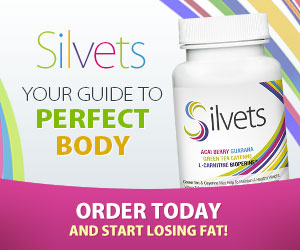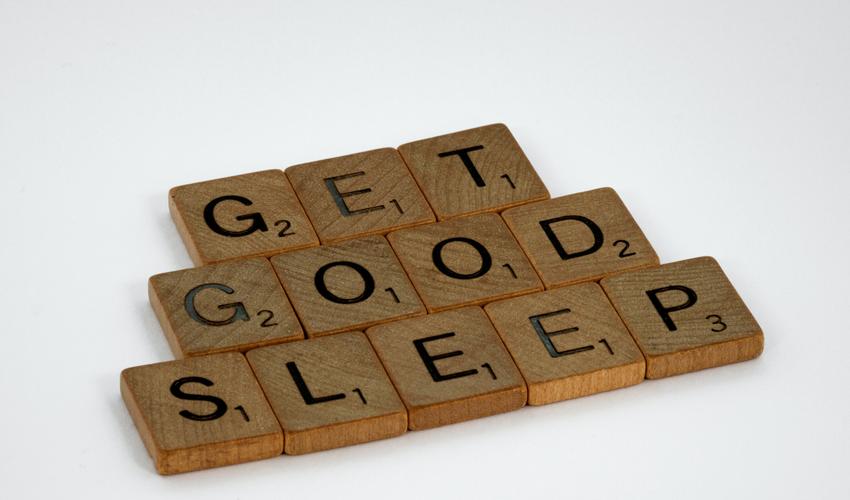Sleep apnea
The word apnea (or apnoea in some countries) is originally a Greek word, meaning: 'no wind'. When used in relation with sleep disorders, apnea means that you don't get enough air, when you sleep. As a result, you don't achieve the required sleep quality to wake up fully refreshed.
Untreated sleep apnea can cause you to die 5 - 10 years earlier than expected. Also, you are much more likely to get Alzheimers, Dementia, strokes, diabetes and suffer from obesity.
That's already a long list, and it's not even exhaustive. Sleep apnea (nor snoring) is not to be taken lightly!
NB! There are more than 100 million people worldwide, who would benefit hugely from this article. Please share it!
The first part of the article explains what sleep apnea is, what the symptoms are. Then follows and explanation of what causes sleep apnea. Finally, it explains the various possibilities of treating sleep apnea.
This article is really about the type of sleep apnea called: Obstructive Sleep Apnea (OSA). It wouldn't be complete without a brief mention of the other 2 variations of sleep apnea.
There are 3 types of sleep apnea:
- Obstructive sleep apnea (OSA).
OSA has physical causes. Your airways becomes blocked during your sleep. These reoccurring chokings destroys your sleep quality.
- Central sleep apneas (CSAs).
CSAs has mental root causes. The brain doesn't send the correct signals to the breath controlling muscles. This causes choking during your sleep, just like in OSA.
- Complex Sleep Apnea Syndrome
When OSA and CSA coexist in an individual, it's called Complex Sleep Apnea Syndrome.
The rest of this article will focus on OSA, which is by far the most common kind.
Obstructive Sleep Apnea (OSA)
Obstructive Sleep Apnea is the most prevalent sleep-related breathing disorder in the USA. An estimated 3 - 7% of all US adults suffer from OSA. The numbers rise with increased age. Roughly twice as many men as women suffer from OSA. The pattern is similar in all western countries.
If you suffer from OSA, your airways become obstructed during your sleep. In other words, you're choking. This alarms your brain, and starts a chain reaction, to wake you up, so you can fight the danger. Your brain releases small amounts of cortisol, noradrenaline and adrenaline.
Cortisol is also known as the stress hormone. Together with adrenaline and noradrenaline, it helps you become more awake, more alert. All great features, if you're fighting a T-Rex or a smilodon.
Those hormones however, are devastating for your sleep quality. They are the last thing you wish to have in your blood, when you're trying to sleep. As a result of those micro attempts to wake you up during the night, your sleep quality is less than optimal. You never get the full benefit of your time in bed.
As a result you feel abnormally tired during the day, which is one of the symptoms of sleep apnea.
Apnea Hypopnea Index (AHI)
You measure the severity of your sleep apnea by counting the AHIs. That is the amount of apneas and hypopneas you have on average per hour, during your sleep.
The term apnea means that the airway passage is completely blocked. Hypopnea is when the airway passage is 'only' partially blocked. The discontinued airflow must last at least 10 seconds, to count as an apnea.
Your sleep apnea is categorized by your AHI score:
- Normal sleep:
- less than 5 events
- Mild sleep apnea:
- between 5 and 14 events
- Moderate sleep apnea:
- between 15 and 29 events
- Severe sleep apnea:
- more than 30 events
Remember, that with each apnea, your brain tries to wake you up, and thus disturbs your sleep.
Imagine for instance your AHI score is 20, so you suffer from moderate sleep apnea. 20 times per hour means that every 3 minutes, you stop breathing for at least 10 seconds. That causes your brain to try to wake you up every 3 minutes. You never get the proper deep, slow wave or REM sleep that way.
No wonder, you feel tired the next day!
Odd as it sounds, scientists can not show a correlation between the AHI score and how tired a person feels. Some persons with e.g. a mild sleep apnea can be way more affected, than persons with e.g. moderate sleep apnea. If you (like me), 'only' suffer from e.g. mild sleep apnea, and still feel extremely tired in the day - that's perfectly normal.

Sleep apnea symptoms
There are 2 symptoms that indicates, you may suffer from obstructive sleep apnea:
- You snore. Often really bad and very loud.
- You feel excessive daytime sleepiness (EDS).
Furthermore, if you have:
- pauses in your breathing (apneas), and/or
- gasping or choking respirations during sleep
You should definitely see a sleep apnea specialist. The sooner the better.
We have already touched, why a person feels tired during the day. Let's deal with your snoring.
Do you snore?
Note: Not everyone who snores, has sleep apnea. Knowing the dangers of an untreated OSA, I would take a OSA test, on the least suspicion of OSA. Look online for a stop-bang test as a start.
For many, many years I made jokes about me not snoring. I'd say something like: It can't be me. I'm the one closest to it - so I'd hear it first. How I wish, I'd taken it a bit more serious a long time ago. There are so many experiences I didn't have, because I was simply too tired.
Please don't make my mistake. Do something about it. Today. Your life and well-being will reach new levels. Don't be selfish - your bed partner will sleep better two, and love you for it.
If you don't know whether you snore, there are several apps for smartphones. Many of them, will let you try for free for a week or two, which should be plenty, to find out, if you snore.
Why do people snore?
Snoring starts because the airway in the back of your mouth is partially blocked. The same amount of air needs to travel through a narrower pipe. This makes the soft tissue close to your throat vibrate. These vibrations cause the snoring.
The treatment methods of sleep apnea
By now, you should understand, that the aim of the treatment, is to avoid the airway getting blocked. That will stop or at least lessen your snoring. It will also prevent your brain from trying to wake you up again and again during your sleep.
There are generally 3 known ways to do this:
- surgery - remove the soft tissue.
- CPAP machines
- MAD
In Europe, we don't use Surgery very much for this problem anymore. One problem is, that if it doesn't completely solve the problem, then it reduces the effect of CPAP.
CPAP - Continuous Positive Airway Pressure machine.
CPAPs are a kind of mask you wear over your mouth and nose. The mask is attached to a tube. The tube is connected to a machine that keeps a constant pressure in your airways. This keeps your throat muscles from collapsing so your airways stay open.
CPAP machines have a life changing impact for some 20% of the users. Yet, many CPAP owners find that they are too hard to get used to. I tried it, and gave up after 6 months.
MAD - Mandibular Advancement Device
Also known as: 'gum shields for snoring'. They are a kind of mouth guard, that keeps your mandible advanced, so it does not fall back to block your airways.
My verdict:
TRUE LIFE SAVER! A professional, custom-made MAD is what finally solved my problems! Who would have thought, that a dentist would finally solve my sleeping problem. Much easier to get used to - and you (apart from your lower jaw) can move around freely.
Other quick promising news from the science labs
Recently, there has been increased interest in the use of cannabinoids (CBD) to help sleep apnea patients. Albeit with small studies, there have been some preliminarily promising results. In animal studies, cannabinoids have been shown to reduce apneas (primarily serotonin induced). However, they may yield decreased REM sleep and sleep efficiency
In human studies, dronabinol has been shown to decrease Apnea-Hypopnea Index (AHI).
